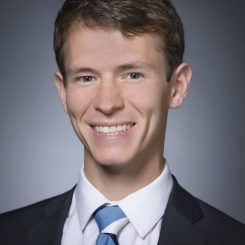June 2, 2021 - 11:00 AM - 12:30 PM
MIT CEEPR
Virtual Associates
Meeting
This CEEPR Associates Meeting will include a research presentation on:
Stranded Assets in the Energy Transition: Emissions, Capacity, and Jobs
To mitigate the impacts of climate change and to construct a more resilient power grid, the Biden administration’s American Jobs Plan calls for “100 percent carbon-free electricity by 2035”. However, utilities across the country hold carbon-emitting assets – coal, oil, and natural gas generators– with useful lives that will extend well past 2035. Premature retirements will cut short employment and will leave utilities with unpaid loans on unprofitable assets. This stranded assets problem will hinder utilities’ ability to build the new clean energy infrastructure that the country needs to meet its energy and climate goals. Using capacity-weighted average retirement ages by prime mover and primary fuel, we estimate the retirement year of every coal, oil, and natural gas generator in the United States. Our analysis examines this expected spatiotemporal distribution of thermal capacity retirements in order to assess impacts of a 2035 decarbonization deadline. We focus on relevant state-level and owner-level outcomes including stranded generation capacity, employment, and local pollution abatement that will help states, utilities, and independent power producers navigate the energy transition. We conclude with discussions of the significant uncertainties involved in assessing policy impacts, further avenues of research, and the need to include social costs – like employment and public health – in energy systems models when evaluating decarbonization pathways.



